Are THC Gummies Safe For The Liver?
THC gummies have emerged as a prominent and convenient method for consuming cannabis, appealing to both experienced users and newcomers seeking the therapeutic benefits of delta 9 THC, delta 8 THC, and other cannabinoids. However, with their growing popularity, questions naturally arise regarding their impact on vital organs, particularly the liver. This article delves into the current understanding of how THC edibles, specifically THC gummies, interact with liver health.

How the Liver Processes THC
When THC gummies are ingested, the delta 9 THC (or delta 8 THC, or THCA gummies if they're a THCA product that converts to THC upon digestion) travels through the digestive system and is absorbed into the bloodstream. From there, it makes its way to the liver, the body's primary metabolic organ. The liver plays a crucial role in breaking down and filtering various substances, including cannabinoids.
Within the liver, THC undergoes a process called first-pass metabolism. This transforms THC into a more potent metabolite known as 11-hydroxy-THC. This compound is responsible for the stronger and often longer-lasting effects commonly associated with THC edibles compared to other consumption methods like smoking or vaping. While this enhanced potency is appealing to many users, it also means the liver is working harder to process these compounds. The workload on the liver, especially with high doses or for individuals with pre-existing liver conditions, can raise concerns about potential long-term impact.
Are THC Gummies Harmful to the Liver? Current Research
The question of whether THC gummies can harm the liver is a key area of ongoing research. Current studies offer valuable insights, suggesting that moderate cannabis use generally does not lead to significant liver damage in healthy individuals. Some research even indicates potential therapeutic or protective benefits of certain cannabinoids against liver injuries.
However, it's crucial to acknowledge that excessive consumption of THC, particularly in the form of THC edibles, could have adverse effects, especially for those with pre-existing liver conditions like hepatitis or fatty liver disease. For these individuals, introducing additional stress onto an already compromised liver through high doses of THC may worsen their condition. Therefore, moderation is even more critical for this demographic.
It's also important to note that most existing research on cannabis and liver health encompasses general cannabis usage. There are limited studies specifically focusing on THC edibles like gummies, meaning the nuances of THC metabolization through ingestion are less thoroughly examined. As the use of THC gummies continues to rise, more targeted research is needed to fully understand their long-term implications for liver health.
THC Gummies vs. Alcohol: Which is Worse for the Liver?
When considering liver health, it's insightful to compare the effects of different recreational substances. Alcohol is a well-established liver toxin, with chronic and excessive consumption leading to severe liver conditions such as fatty liver disease, hepatitis, and cirrhosis. The liver can become overwhelmed by excessive alcohol intake, resulting in significant and often irreversible damage over time.
In contrast, THC does not exhibit the same level of inherent toxicity to liver cells. Research suggests that moderate consumption of THC gummies is unlikely to cause significant harm to healthy individuals. While high doses of delta 9 THC or delta 8 THC in gummy form can still place a metabolic burden on the liver during processing, this stress is generally not comparable to the direct cellular damage caused by alcohol. For individuals concerned about their liver health, THC gummies might present a potentially safer alternative to alcohol, provided they are consumed responsibly and in moderation. It is important to avoid combining THC with alcohol, as this can amplify side effects and further strain the liver.
Factors That Could Increase Liver Stress with THC Gummies
While generally considered safe for healthy individuals when consumed moderately, several factors can increase the potential for liver stress when using THC gummies:
- Dosage: Consuming high doses of THC can significantly increase the workload on the liver. The liver must metabolize all ingested THC, including that from delta 9 THC gummies or THCA gummies, and higher concentrations mean more work for the organ. Sticking to recommended dosing guidelines can help mitigate this risk.
- Ingredients and Additives: Many commercial THC gummies contain high amounts of sugar, artificial flavors, and other additives. Excessive sugar consumption, in particular, is linked to non-alcoholic fatty liver disease, which can compound any potential strain on the liver from THC metabolism. Opting for gummies with natural ingredients and minimal additives can be a healthier choice.
- Pre-existing Liver Conditions: Individuals with compromised liver function due to conditions like cirrhosis, hepatitis, or fatty liver disease are at a heightened risk. Their livers are less equipped to handle the additional metabolic burden of THC, making even moderate consumption potentially problematic.
- Medication Interactions: THC can interact with certain medications that are also metabolized by the liver. This can lead to competition for liver enzymes, potentially altering the effectiveness of either the medication or the THC, and increasing liver stress. Individuals taking prescription medications, especially blood thinners or certain antidepressants, should consult their healthcare provider before using THC edibles.
Tips for Consuming THC Gummies Safely
To ensure a safe and enjoyable experience while protecting liver health, consider these tips for consuming THC gummies:
- Start Low and Go Slow: Begin with a low dose of THC, typically 5 to 10 milligrams for those new to THC edibles. Gradually increase the dosage only as needed to achieve desired effects, allowing your body to adapt and avoiding overwhelming your liver.
- Choose Quality Products: Opt for THC gummies from reputable brands that provide clear labeling regarding THC content and other ingredients. Prioritize products made with natural ingredients and minimal sugars or artificial additives.
- Avoid Mixing with Alcohol: Do not combine THC gummies with alcohol or other substances that place a significant burden on the liver. This can amplify effects and increase liver strain.
- Stay Hydrated: Adequate hydration is crucial for overall health and can help your body efficiently process THC, potentially reducing the workload on your liver.
- Consult a Healthcare Professional: If you have any pre-existing health conditions, particularly liver issues, or are taking medications, consult your doctor before incorporating THC gummies into your routine. They can provide personalized advice based on your health profile.
The Role of CBD in Supporting Liver Health
The cannabis market increasingly offers products combining THC with Cannabidiol (CBD). CBD is a non-psychoactive cannabinoid known for its potential anti-inflammatory and antioxidant properties. Some preliminary research suggests that CBD may positively impact liver health by mitigating inflammation and oxidative stress, potentially offering a protective effect when used alongside THC.
For users of THC gummies, the incorporation of CBD might offer a more balanced experience, potentially reducing the intensity of THC's effects and making them more manageable. This balance could allow the liver to process these compounds with less strain. The "entourage effect" suggests that cannabinoids work synergistically, potentially enhancing therapeutic benefits while mitigating negative side effects. However, it's important to remember that research on the long-term implications of combined THC and CBD use on liver health is still in its early stages, and more studies are needed.
Are Certain Individuals at Higher Risk?
Yes, certain individuals are at a higher risk of adverse effects from THC gummies due to their unique health circumstances:
- Individuals with Pre-existing Liver Conditions: As mentioned, those with conditions like fatty liver disease, cirrhosis, or hepatitis have compromised liver function, making them more susceptible to strain from THC.
- Individuals on Liver-Metabolized Medications: People taking medications that are processed by the liver face a risk of drug interactions with THC. This can lead to unpredictable effects or reduced medication efficacy.
- Pregnant and Breastfeeding Individuals: The potential risks of cannabis consumption during pregnancy and lactation are significant, as THC can cross the placenta and enter breast milk, potentially impacting fetal or infant development.
- Younger Individuals and Adolescents: The developing brains of young people may be more susceptible to the effects of THC, warranting caution or avoidance.
Anyone in these high-risk categories should consult a medical professional before considering THC edibles or any cannabis product.
Current Gaps in Research and What We Still Don’t Know
Despite the growing body of knowledge, significant gaps remain in our understanding of THC gummies and liver health:
- Long-Term Effects: There's a lack of comprehensive long-term data tracking the effects of chronic THC edible use on liver health.
- High-Dose Consumption: Most research focuses on moderate consumption, leaving the physiological effects of high-dose THC gummies largely unexamined.
- Additives in Edibles: The impact of sugars, artificial preservatives, and flavoring agents in commercial THC edibles on liver health, beyond just the THC content, needs further investigation.
- Diverse Populations: Current literature often lacks representation of diverse populations, making it difficult to understand how factors like age, ethnicity, or specific pre-existing conditions influence individual reactions to THC.
Addressing these gaps through further research is crucial for a complete understanding of THC edibles and their long-term health implications.
Final Thoughts: Are THC Gummies Safe for the Liver?
In conclusion, for healthy individuals, moderate consumption of THC gummies appears unlikely to cause significant harm to the liver. However, responsible use is paramount. Key considerations include:
- Dosing responsibly: Start with low to moderate doses of delta 9 THC gummies or delta 8 THC gummies and increase gradually based on personal tolerance.
- Prioritizing product quality: Choose THC edibles with natural ingredients and clear labeling, avoiding excessive sugars and artificial additives.
- Understanding personal health risks: Individuals with pre-existing liver conditions, those on specific medications, or pregnant/breastfeeding individuals should exercise extreme caution and consult a healthcare professional.
By adhering to these guidelines and staying informed about the evolving research, users can enjoy the benefits of THC gummies while safeguarding their liver health.

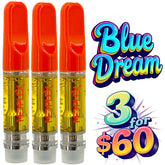
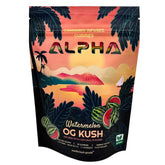

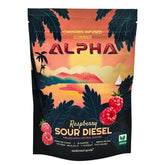
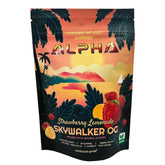


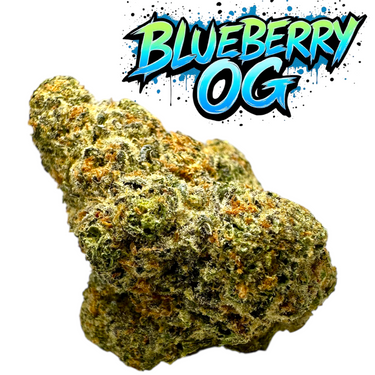
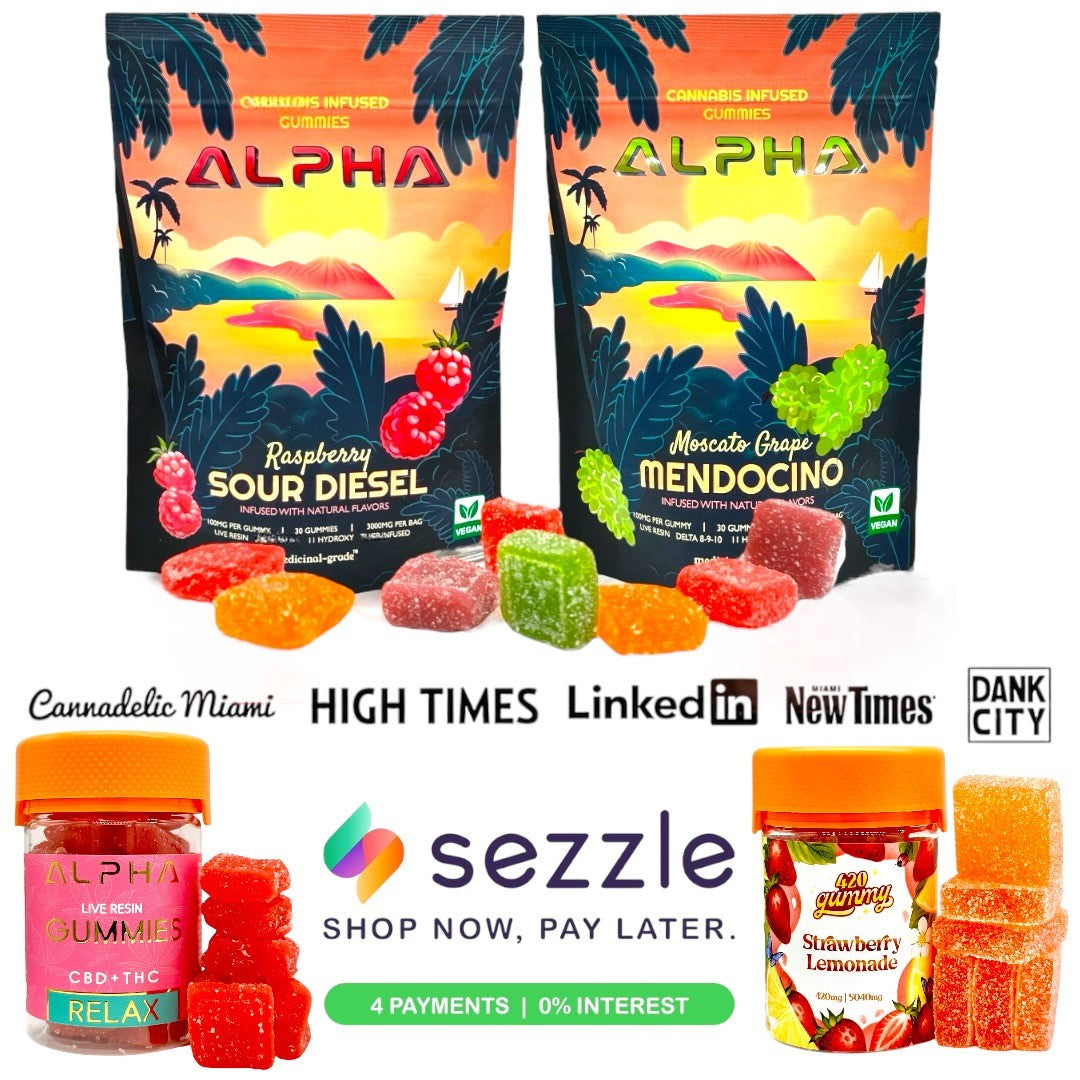
Leave a comment
All blog comments are checked prior to publishing